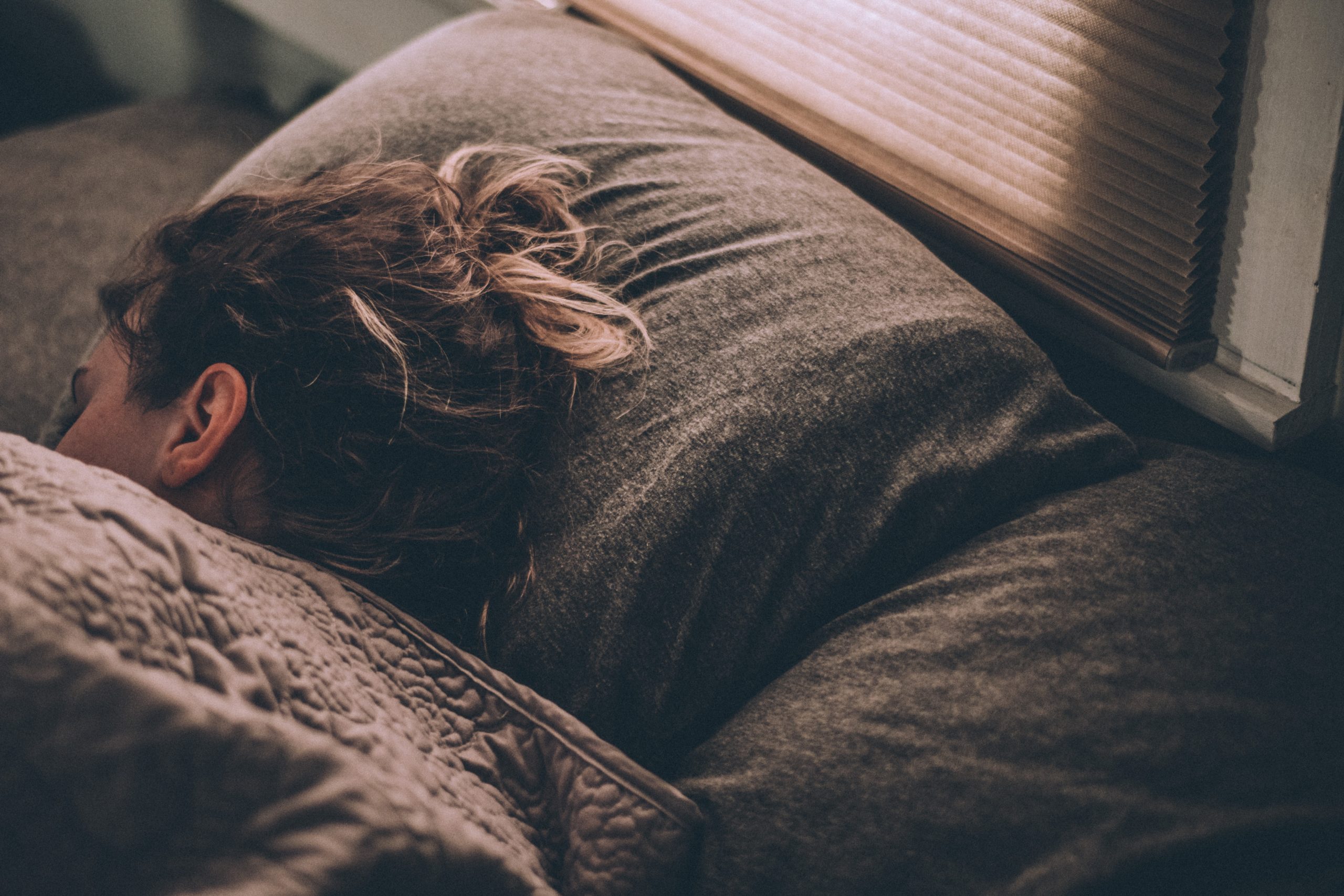Starting from the teen years, we’re told to get eight hours of sleep a night. This magic number gets repeated like a mantra throughout our lives and while this eight-hour number may seem arbitrary, getting high-quality sleep is vital to our overall health.
Sleep Patterns in Older Adults
Getting the right amount of deep sleep is essential to staying healthy. Poor rest affects hormones, which change people’s appetites and bodily functions and can lead to other health problems. In general, not sleeping enough also damages the ability to focus and complete cognitive processes, which can cause everything from lower-quality work to an auto accident. It can even increase the risk of a heart attack or stroke. Conversely, good sleep contributes to a healthy body and mind. For people both young and old, good sleep improves athletic performance and mental well-being.
However, older adults often have trouble getting good sleep and reaching the 8-hour mark. This is a natural side effect of aging but can also be caused by other disorders or illnesses. Most of the time, their total amount of sleep decreases to around 6.5 or 7 hours a night, and the quality of their sleep decreases as well. Older adults often find themselves waking up multiple times during the night and then having a hard time falling back to sleep. Seniors also commonly wake up earlier in the morning and, as a result, sleep earlier in the evening.
Improving Sleep
If an older adult has trouble regulating their sleep pattern, there are many different ways to help, and most are simple lifestyle adjustments. Many small modifications can be made to their daily routine to improve sleep.
- Only use the bed for sleep and save entertainment like reading and watching TV for the couch in another room.
- Limit technology in general. The light emitted from most devices like our phones, computers, TVs, and tablets signal our brain to stay awake. It’s also an issue of association. Our brain wants to sleep in cool, dark places.
- Regular exercise is key but limiting it to at least three hours before bedtime can also improve sleep.
- Not having any caffeine four hours before bedtime will make it easier to fall asleep.
- Try a small snack before bed. Something like warm milk naturally contains an amino acid that has an almost sedative effect.
Certain medications have an immense impact on our sleep. Consult with a doctor about the side effects of medications if insomnia persists, as some drug usage can provide insight into why sleep is still an issue. On the other hand, some medicines can help sleep. If depression is causing insomnia, antidepressant medications may reduce this effect. Some medications specifically improve sleep, such as melatonin, but these may not be ideal for older individuals. Speak with a doctor before starting any new medication.
Getting good sleep at night is key to being happy and healthy during the day. There are many ways to reduce the effects of insomnia, and seeking ways to combat poor sleep will undoubtedly lead to a higher quality of life.




